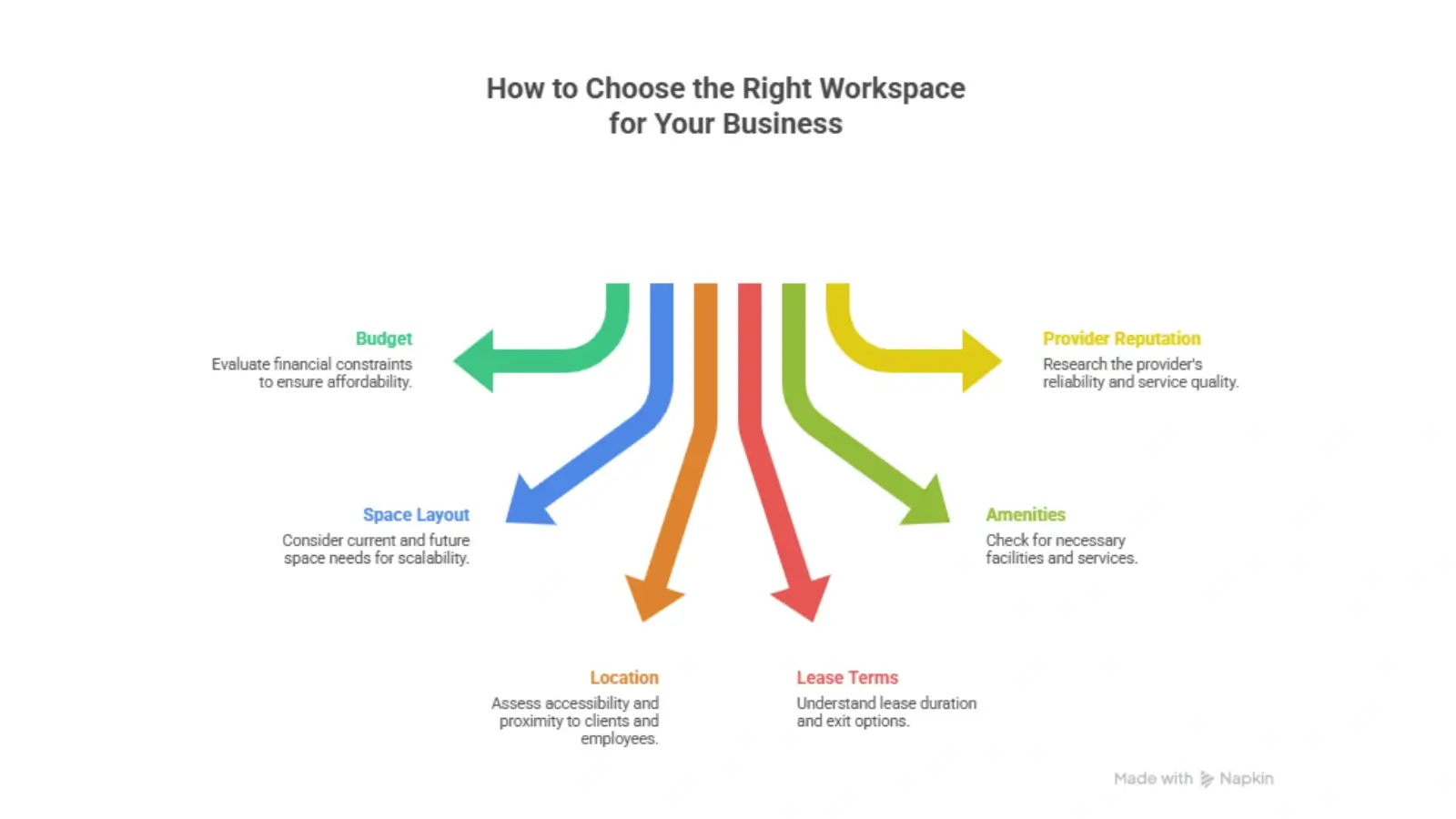Only about 50% of new businesses make it past the 5-year mark. This highlights a serious issue—many entrepreneurs are too focused on the short term. They spend most of their time solving daily problems, hitting next month’s sales goals, or launching the next product. Those things matter, but they’re not enough. Without a bigger plan, startups can lose direction.
Founders who plan years ahead tend to make better decisions now. They know where they want to go and how they’ll get there. They build systems that can grow. They make choices that support the future, not just the moment. Long-term planning doesn’t mean predicting the future perfectly. It means having clear goals, setting priorities, and being ready for what’s next.
Vision Guides Every Important Decision
A long-term vision gives direction. It keeps the team aligned and helps avoid distractions. When trends shift or new opportunities pop up, you can evaluate them against your plan. Does this help us get closer to our goal? If not, it’s easier to say no. Planning ahead doesn’t slow you down—it helps you focus on what works.
Once you have a vision, it helps to start making intentional moves that support it—especially when it comes to your finances.
Founders usually focus on revenue, but how you manage and grow your savings also matters. Having a plan to grow reserves or reinvest profits is key to long-term success. Even small, regular contributions to a savings account can grow over time—especially with compound interest.
That’s where tools like a monthly compound interest rate calculator come in. They help founders see how money grows month after month, especially when interest compounds. This makes it easier to make smart decisions about savings, reinvestment, or even building capital for future goals. Financial planning isn’t just for large companies—it starts with small steps.
Staying Prepared for Market Changes
Every industry faces ups and downs. Consumer behavior changes. New competitors enter the market. Technology evolves. Businesses that survive these changes are often the ones that plan for them. Long-term thinking allows founders to build flexibility into their operations.
For example, creating a reserve fund for future use might seem like a luxury. But it can help keep your company stable during slow months or unexpected setbacks. It also makes it easier to take smart risks—like testing a new idea or expanding into a new market—without risking everything. Planning ahead doesn’t mean playing it safe. It means knowing your limits and staying ready to adapt.
Keeping Great People Starts with a Plan
Hiring talent is tough. Keeping them is even harder. High performers want more than just a paycheck. They want to know where the company is going and how they fit into that journey. Founders who share long-term plans give employees something to believe in.
When a team understands the company’s vision, they’re more likely to stay committed. They’re also more motivated to help build something meaningful. Long-term planning creates room for career growth, skill development, and team stability. It also helps avoid the stress of rushed hiring when the company grows faster than expected.
Investors Want to See a Real Growth Plan
Founders often focus on sales or traction when pitching to investors. But many investors are more interested in where the company is headed. They want to know if there’s a plan to grow over the next three to five years. A clear, forward-looking strategy can increase your chances of securing funding.
Investors look for more than a polished deck. They want to see how the company will expand, what markets it will enter, and how revenue will grow. If your plan shows careful thinking, backed by data and a realistic timeline, it builds trust. It also shows that you’re not just reacting to opportunities—you’re preparing for them.
Make Tech Choices That Support the Future
Many startups choose tools or systems based on what’s cheapest or easiest today. That can work early on, but poor choices can create problems later. If your systems can’t scale, you may have to rebuild when your team grows or your user base increases. That slows progress and costs more in the long run.
A founder thinks ahead and chooses tools that support growth. That might mean investing in platforms that integrate well, support automation, or scale with your needs. It might cost more up front, but it avoids roadblocks later. Make sure your systems won’t limit your future.
Build Brand Equity with Consistency
Brand value isn’t created overnight. It takes years of consistent messaging, customer experience, and trust-building. Founders who plan ahead think about what their brand should represent not just now, but years from now. That shapes every decision—from marketing to hiring to product design.
Having a content strategy, brand voice, and clear values makes your brand stronger. It helps customers know what to expect and why they should stay loyal. When your brand reflects long-term thinking, it shows up in the way people talk about your business and how they connect with it.
Exit Plans Need Years of Preparation
Every founder will leave their company someday. Whether it’s through a sale, acquisition, or leadership change, exits don’t happen overnight. A successful exit depends on years of preparation—building strong financials, organizing records, and structuring the business in a way that others can take over.
Thinking about the end doesn’t mean you’re quitting. It means you’re setting your business up to last, with or without you. Founders who plan for exits early often create companies that are more valuable and more stable. If the plan is clear, you’ll be ready when opportunities come your way.
Founders who take the time to think long term stand out. They make smarter choices, build stronger teams, and set themselves up for real success. They don’t just react to what’s happening now—they prepare for what’s next.
Planning ahead doesn’t have to be complicated. It starts with clear goals, smart decisions, and tools that help you stay on track—like a monthly compound interest rate calculator to visualize financial growth. When you focus on the future, you build a business that’s more stable, more scalable, and better prepared for change. That’s the kind of thinking that keeps founders in the game for years to come.

















